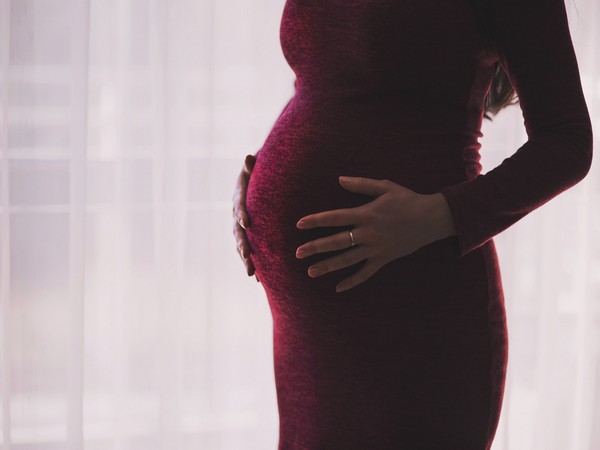Study Reveals Impact Of Alcohol Consumption During Pregnancy On Infant Development

A recent study published in the journal “Alcohol Clinical and Experimental Research” has revealed that even low to moderate alcohol consumption by pregnant women can lead to subtle changes in the prenatal development of their babies.
Lead researcher Bakhireva highlighted that while heavy alcohol use has been extensively studied, with defined thresholds such as 14 drinks per week or binge drinking of four or more drinks per occasion, their study focused on more common and moderate alcohol exposure levels, which are prevalent among pregnant women.
The study revealed subtle changes in prenatal development, with a significant effect on gestational age observed more prominently in male infants, while the impact on birth length was stronger in females. However, Bakhireva cautioned that these findings should be interpreted cautiously due to limited statistical power for sex-specific analyses and challenges in accounting for other contributing factors.
Early pregnancy is a critical period for the formation of organs in the developing fetus, making it a particularly vulnerable window for alcohol exposure, Bakhireva said.
“Almost everybody drinks before they know they are pregnant, and risky drinking before pregnancy is predictive of drinking later on,” she said. “That’s a unique aspect of the study. We carefully looked at the patterns of drinking around conception and early pregnancy.”
While most participants reduced or ceased alcohol consumption upon learning about their pregnancy, some deficits were still observed in both male and female infants, even with reduced alcohol intake.
Bakhireva stressed the need for larger studies combining data nationally to replicate these findings and delve deeper into sex-specific effects, highlighting the complexity and importance of understanding alcohol’s impact during pregnancy.
(With inputs from ANI)









